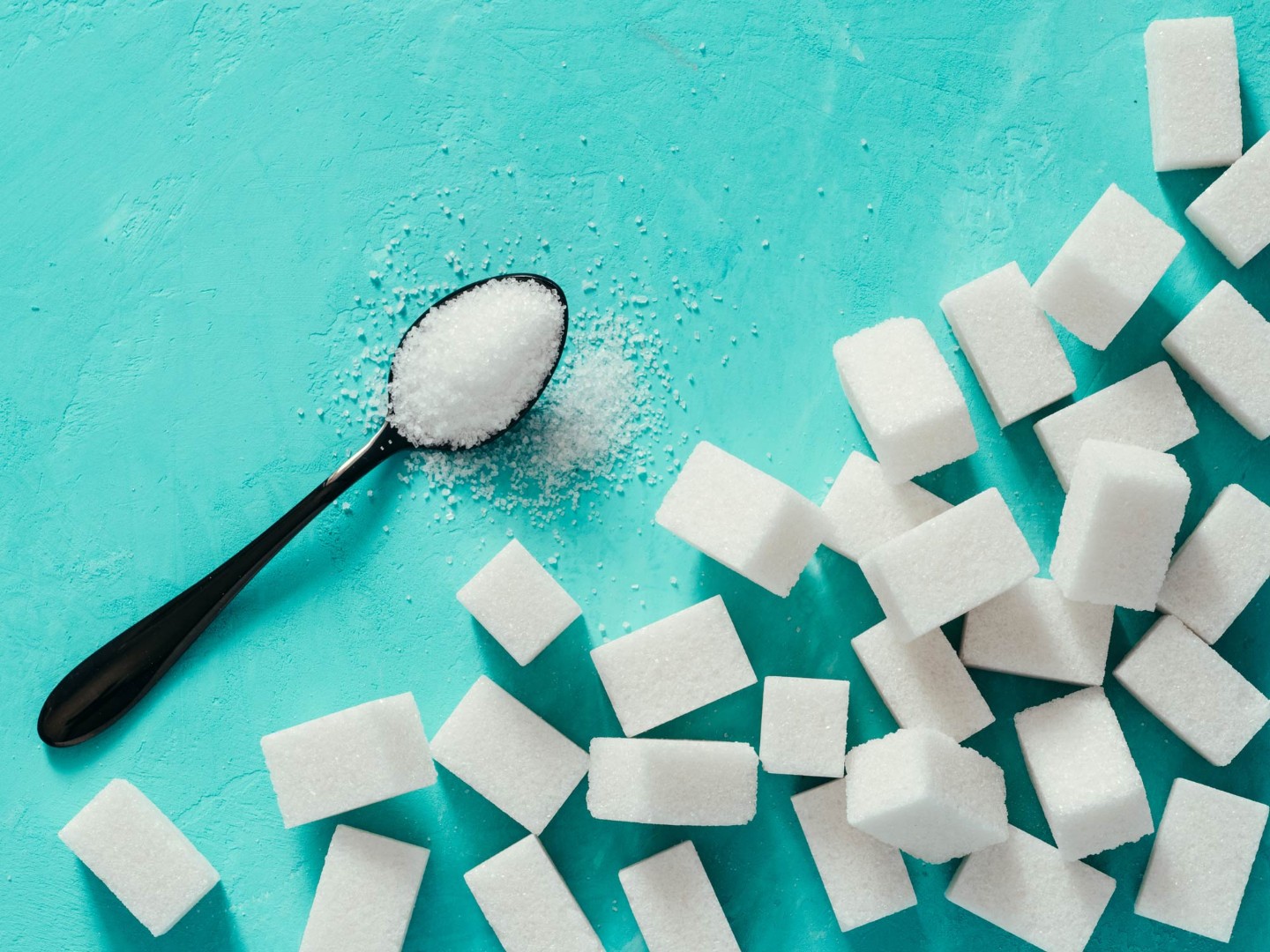Fueling Your Family's Future: A Doctor's Perspective on National Nutrition Month
MAR 01, 2026Good nutrition is about building a foundation for a vibrant, energetic, and disease-resistant life for you and your loved ones.
Read More
Sugar substitutes are food additives used to replace regular sugar (sucrose) in a variety of foods, beverages, chewing gums, frozen desserts, baked goods, candies, and dairy products. Some examples of sugar substitutes include artificial sweeteners, sugar alcohols, and natural sweeteners. The current rise in obesity worldwide has led to a growing interest in low-carbohydrate diets and greater demand than ever around the world for sugar substitutes.
Artificial sweeteners are one of the most common sugar substitutes since they are potent sweeteners and do not have any calories. They are synthetic, but some may be derived from natural sources like herbs or even from regular sugar. Artificial sweeteners can be added to cold or hot foods and drinks, and some of them may also be used in cooking and baking.
Using artificial sweeteners instead of sugar may be good for your health for several reasons:
There are several health concerns about the use of artificial sweeteners; however, the Food and Drug Administration (FDA) regulates these substances as food additives, and there is no scientific evidence that any of the approved artificial sweeteners in the United States cause cancer or any other serious health problems. The FDA has approved the following products: Acesulfame potassium (Sunett, Sweet One), Aspartame (Equal, NutraSweet), Neotame, Saccharin (SugarTwin, Sweet’N Low), and Sucralose (Splenda).
Sugar alcohols (polyols) are carbohydrates that are found naturally in plants, but they may also be manufactured from sugars and starches. Different from artificial sweeteners, sugar alcohols are less sweet than sugar and contain calories. However, they are still a good alternative since some of them may have fewer calories than regular sugar. Furthermore, because they are not completely absorbed by the body, they have a very little impact on blood sugars. Even though they are called sugar alcohols, they do not contain any ethanol (a substance found in alcoholic beverages). The FDA has approved the following sugar alcohols: Erythritol, Hydrogenated starch hydrolysates, Isomalt, Lactitol, Maltitol, Mannitol, Sorbitol, and Xylitol. But be aware that sugar alcohols should be used in moderation only since some of them may cause bloating and diarrhea if consumed in excess.
Natural sweeteners are usually promoted as healthy sugar substitutes. However, most natural sweeteners have undesirable properties similar to those of regular sugar: they add calories to your diet, they raise blood sugars, and they can contribute to cavities. The FDA considers the following natural sweeteners as safe for use: Date sugar, grape juice concentrate, honey, maple sugar, maple syrup, molasses, and agave nectar.
Stevia is a plant with sweetening properties that are commercially recognized as a natural sweetener. But unlike other natural sweeteners, Stevia preparations have zero calories and a negligible effect on blood sugars. Although Stevia has not been classified as a food additive, the FDA has approved it as a substance “generally recognized as safe” (GRAS). Highly refined preparations include Pure Via and Truvia.
In conclusion, sugar substitutes are safe and convenient, but they should not be seen as the sole solution to fighting obesity. The use of sugar substitutes is just one way to help decrease the number of calories per day. Artificial sweeteners, sugar alcohols, and Stevia preparations are suitable alternatives for people with diabetes to help control blood sugars; however, they should always be used in moderation.

Good nutrition is about building a foundation for a vibrant, energetic, and disease-resistant life for you and your loved ones.
Read More
Raynaud's phenomenon is a rare disorder that affects the blood vessels, most commonly in the fingers and toes, but sometimes also in the nose, ears, or lips.
Read More
Winter brings beautiful snowy landscapes and cozy evenings, but the cold, dry air—indoors and out—can be harsh on our hands, leading to dryness, cracking, and even more serious issues like frostbite. Protecting your hands is crucial for comfort and s...
Read MoreWhen you need local health information from a trusted source, turn to the CHI Health Better You eNewsletter.